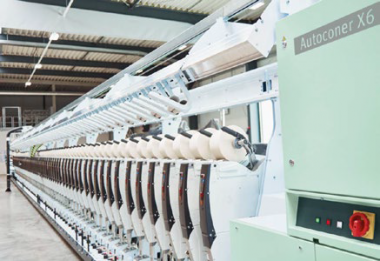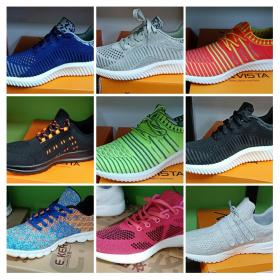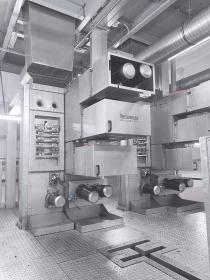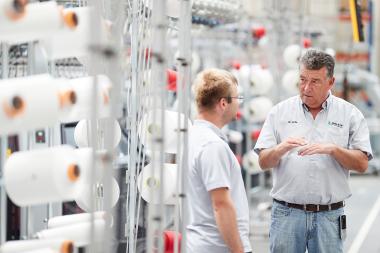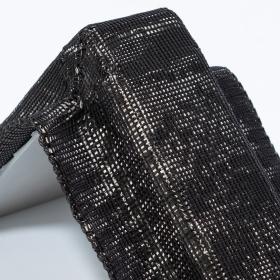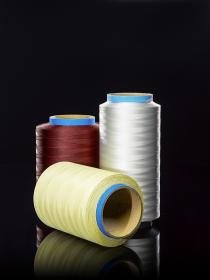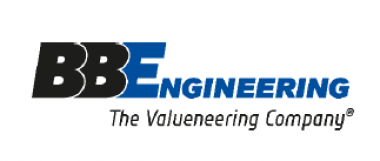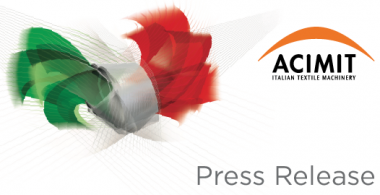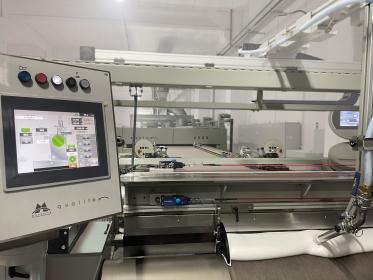Rieter at India ITME 2022
Rieter is presenting the latest innovations in its systems, components and services at the upcoming India ITME 2022 in Uttar Pradesh (India), taking place from December 8 – 13, 2022.
Autoconer X6
The automatic winding machine Autoconer X6 completes the Rieter ring and compact-spinning systems. The machine serves as the final quality assurance in the ring and compact-spinning process and is key to the performance of the subsequent process stages. The Multilink system with Multilot offers maximum flexibility to handle a different type of yarn.
The latest splicer generation OZ1 and OZ2 provides an optimum splice quality based on an open prism. With only two prisms spinning mills can splice the entire spectrum of cotton yarns as well as blends. They are also used for the splicing of cotton-based elastic core yarns in combination with the Elastosplicer. The splice zone exhibits an impressive elasticity in the fabric.
Compacting Solutions
The Rieter compacting devices include the COMPACTapron, COMPACTeasy and COMPACTdrum. Spinning mills can change quickly between ring and compact yarn and offer customers a broader product range.
Recycling Expertise from Rotor to Ring
Rieter offers solutions for the integration of recycled raw material into yarn production to help close the textile loop and make fashion more circular. Both rotor and ring yarns can be produced with a considerable amount of mechanically recycled fibers.
ESSENTIALorder
Based on existing customer information, the webshop ESSENTIALorder visualizes which Rieter machines andn systems are available inside each spinning mill. It therefore offers a personalized shopping experience and facilitates order management, enabling spinning mills to optimize their internal stock levels.
ROBOspin
The piecing robot ROBOspin reduces personnel requirements in the ring spinning section by 50%. The robot also attains productivity increases thanks to higher spindle speeds at equal or higher efficiency.
SSM NEO-FD
SSM is presenting NEO-FD, the assembly-winding machine for precision wound packages for twisting. It meets all requirements for efficient production. The machine features the auto-doffing option and the online back-pressure system for low and high package densities.
Temco CoolFlow Disc
Temco’s CoolFlow texturing discs offer longer lifetime thanks to a brand-new geometry and the latest polyurethane technology. The texturing discs now generate a disc surface that operates at a lower temperature, resulting in slower ageing and abrasion. Further benefits are more stable yarn quality, higher productivity, and an overall process cost reduction.
Rieter


